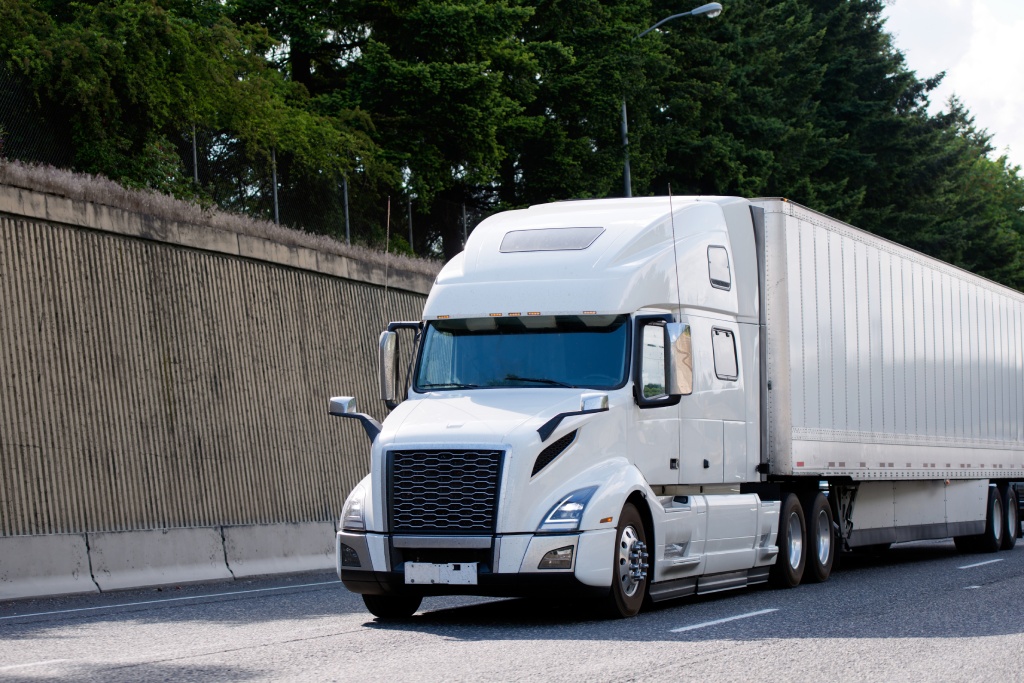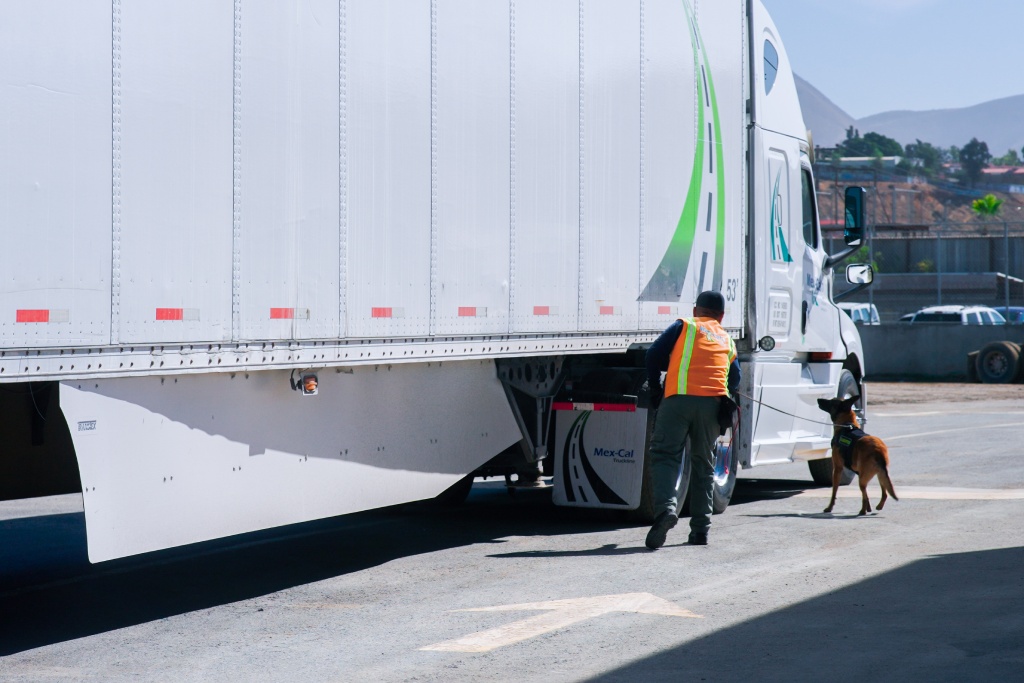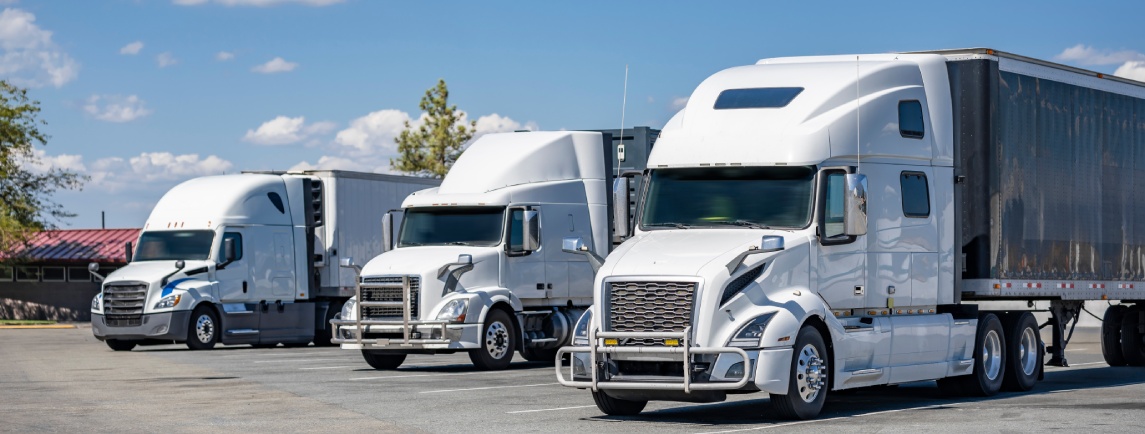Essential Tips for Smooth Border Crossings Between the U.S. and Mexico
Crossing the border between the United States and Mexico is a vital part of operations for many businesses, whether you’re managing supply chains, attending meetings, or exploring new opportunities. However, without proper preparation, navigating the border can be complex.
The Tijuana-San Diego border crossing is a prime example of the complexities and opportunities in cross-border logistics. As one of the busiest land border crossings in the world, it exemplifies the need for efficient processes and innovative solutions. Focusing on this crucial entry point can gain valuable insights into the broader landscape of international shipments and border management.
To help you navigate this process efficiently and avoid delays, here are straightforward, actionable tips for mastering truck crossing border and ensuring seamless operations, which will help your business save time and avoid unnecessary delays. From required documentation to best practices for efficient processing, this guide will help you optimize your business operations at the border.
Essential Tips for Efficient Truck Crossing Border

1. Plan Strategically to Avoid Delays
- Research Peak Times: Identify the busiest and quietest times at your chosen border crossing. For instance, the Tijuana-San Diego border is typically less congested early in the morning or late at night.
- Choose Alternate Routes: Familiarize yourself with alternative crossings if your primary option experiences long delays.
- Prepare for Seasonal Traffic: Expect increased traffic during holidays or special events and plan accordingly.
2. Ensure Complete and Accurate Documentation
- Accurate and complete paperwork is essential. Here’s a checklist of required documents:
- Essential Documents: Prepare all required paperwork, including:
- Border Crossing Card: For individuals crossing into Mexico.
- Commercial invoices: Details of goods being shipped.
- Certificates of origin: Verifies where the goods were manufactured.
- Specific permits: Special permits may be needed for regulated goods like food, electronics, or hazardous materials.
- Double-check for Accuracy: Ensure every document is error-free to prevent unnecessary hold-ups.
- Use Digital Solutions: Many customs systems now accept electronic submissions to speed up processing.
3. Understand and Budget for Fees
- Customs Duties and Brokerage Fees: Be aware of the costs of importing/exporting goods.
- Vehicle and Cargo Inspections: Budget for potential inspection fees, especially for large shipments.
- Avoid Surprise Costs: Consult with logistics providers for a comprehensive breakdown of expected expenses.
4. Leverage Technology for Efficiency
- Real-Time Tracking: Monitor your shipments using GPS tracking systems. Many providers offer 24/7 updates, ensuring you can address delays proactively.
- Digital Communication Tools: Stay connected with your logistics provider and customs officials to streamline operations.
5. Partner with Experienced Logistics Providers
- Choose C-TPAT Certified Providers: Collaborating with certified logistics companies ensures compliance with customs regulations and faster processing.
- Access to Expertise: Experienced partners understand the nuances of border protocols, including K-9 inspections, 21-point checks, and cargo security.
- Streamlined Services: Providers often have established relationships with customs agents, which can significantly reduce waiting times.
6. Compliance with Regulations
- Customs-Trade Partnership Against Terrorism (C-TPAT): Obtaining this certification enhances supply chain security and expedites processing.
- Inspection Requirements: Expect thorough inspections, including:
- K-9 sniffer units
- 21-point vehicle safety checks
7. Security Measures
- Use advanced security protocols, including GPS tracking and on-site surveillance, to safeguard your shipments.
- Conduct pre-departure inspections to ensure all cargo meets customs standards.
By understanding and adhering to these requirements, shippers can significantly reduce the risk of delays and ensure smoother cross-border operations. Partnering with experienced logistics providers who are well-versed in these requirements can further enhance the efficiency of your international shipments.
Cross-Border Fees and Border Crossing Cards
- Cross-Border Fees: Be prepared for vehicle entry fees, customs duties, and potential state-specific charges.
- Border Crossing Card (BCC): Ensure eligible travelers have this essential document for quicker entry. For those without a BCC, explore options like visitor visas or SENTRI passes for faster processing.
Truck Crossing Border Wait Times: Plan Ahead to Save Time

Managing wait times for truck crossings at the U.S.-Mexico border is crucial for efficient logistics. Here’s how to stay ahead:
- Monitor Real-Time Updates:
- Use official sources like U.S. Customs and Border Protection (CBP) websites or mobile apps to track current wait times.
- Check live updates for specific crossings like the Tijuana-San Diego or Laredo-Nuevo Laredo borders.
- Peak Traffic Awareness:
- Truck wait times typically peak during weekdays and business hours. Plan shipments during off-peak hours, such as late nights or early mornings, to reduce delays.
- Expedited Processing Options:
- FAST Program: Enroll in the Free and Secure Trade (FAST) program to access dedicated lanes and faster processing times for eligible shipments.
- Pre-Inspection Facilities: Explore facilities that allow pre-clearance of cargo to save time at the border.
- Coordination with Logistics Providers:
- Work closely with experienced providers who have insight into traffic patterns and can recommend the best times and routes for your shipments.
- Seasonal Considerations:
- Anticipate longer wait times during holidays or high-traffic seasons, such as Christmas or back-to-school months.
By factoring truck wait times into your logistics planning, you can minimize delays, meet delivery deadlines, and optimize supply chain efficiency.
Pro Tips for Hassle-Free Border Crossings
- Stay Updated on Regulations: Border policies can change frequently; stay informed to avoid surprises.
- Prepare for Inspections: Ensure your cargo is organized and easily accessible for quicker inspection times.
- Communicate Clearly: Notify all involved parties of shipment details, including estimated crossing times and potential delays.
Optimize Your Cross-Border Operations with Mex-Cal Truckline

With over 40 years of expertise, Mex-Cal Truckline is your trusted partner for navigating the Tijuana-San Diego border. Our services include:
- Hassle-free border crossings
- Advanced security measures
- Real-time GPS tracking
Streamline your international shipments and optimize your supply chain. Contact Mex-Cal Truckline today for expert guidance and reliable logistics solutions.






